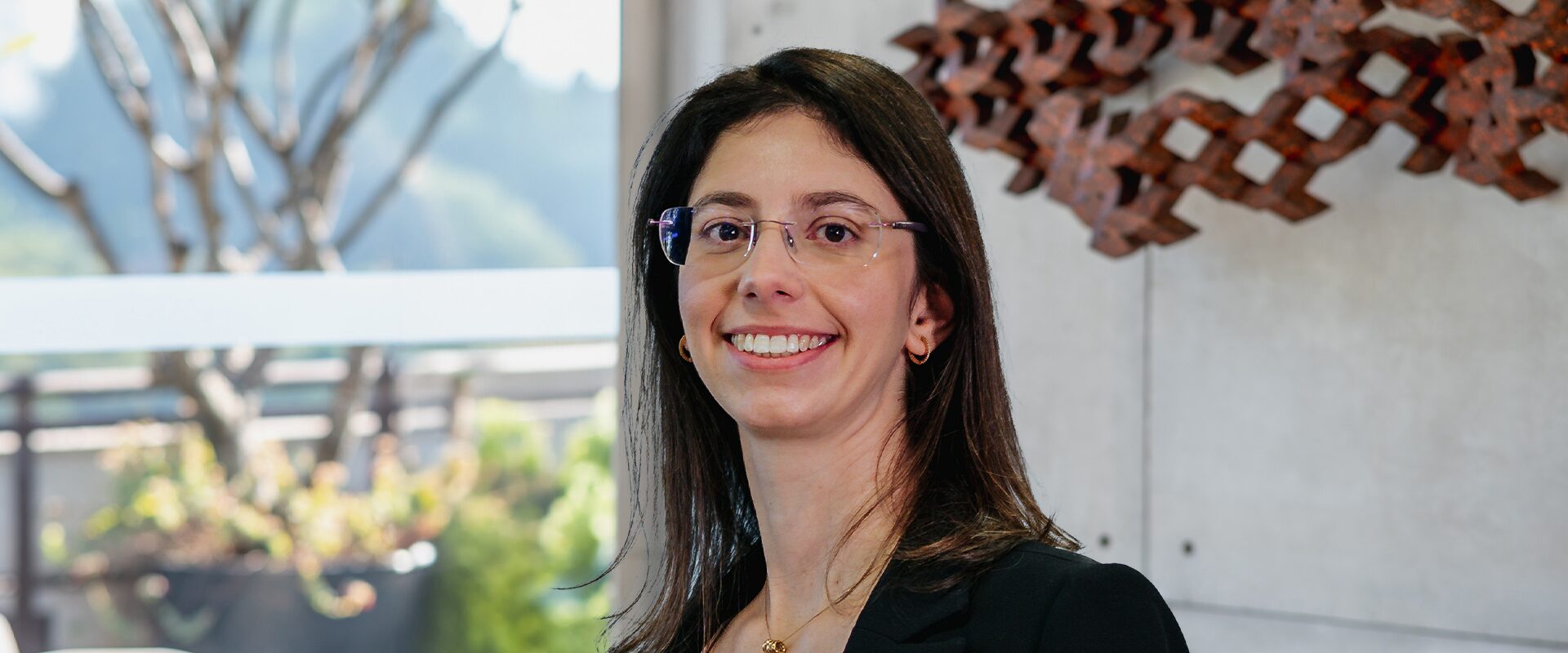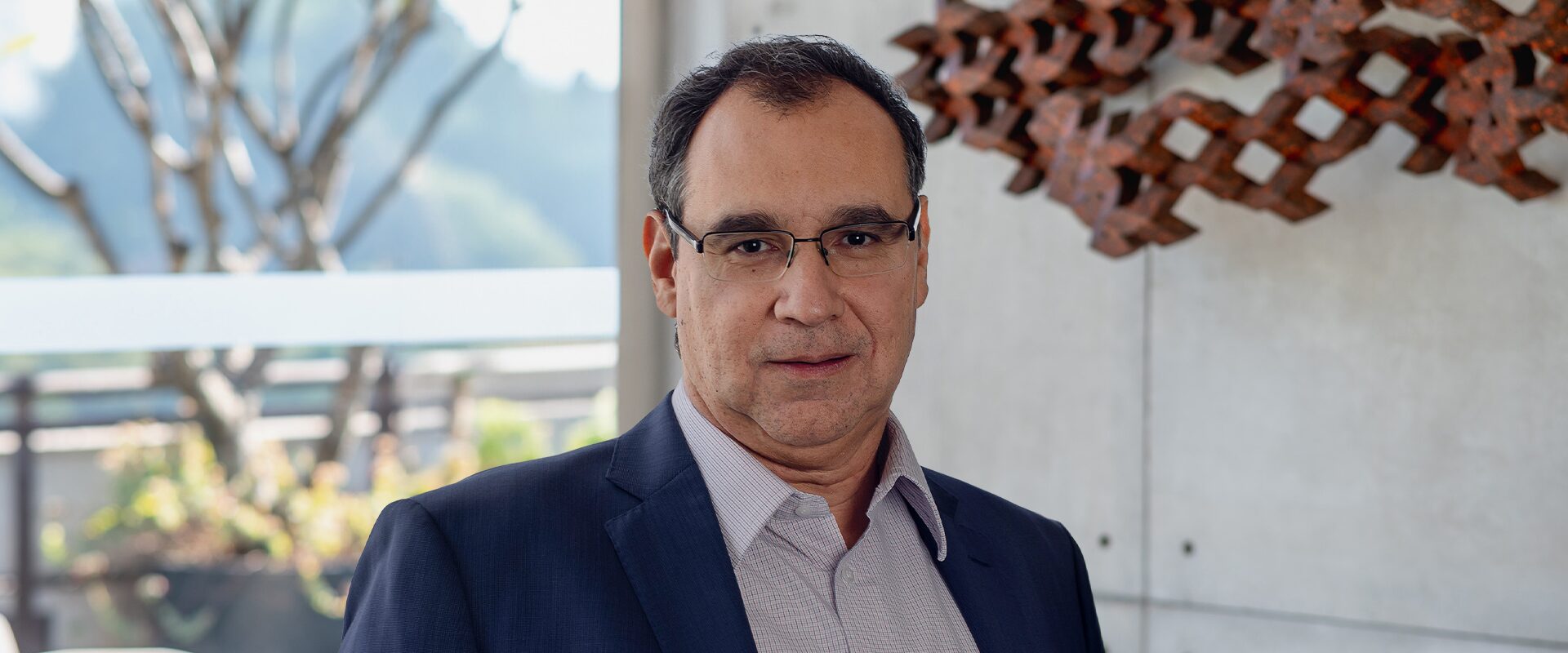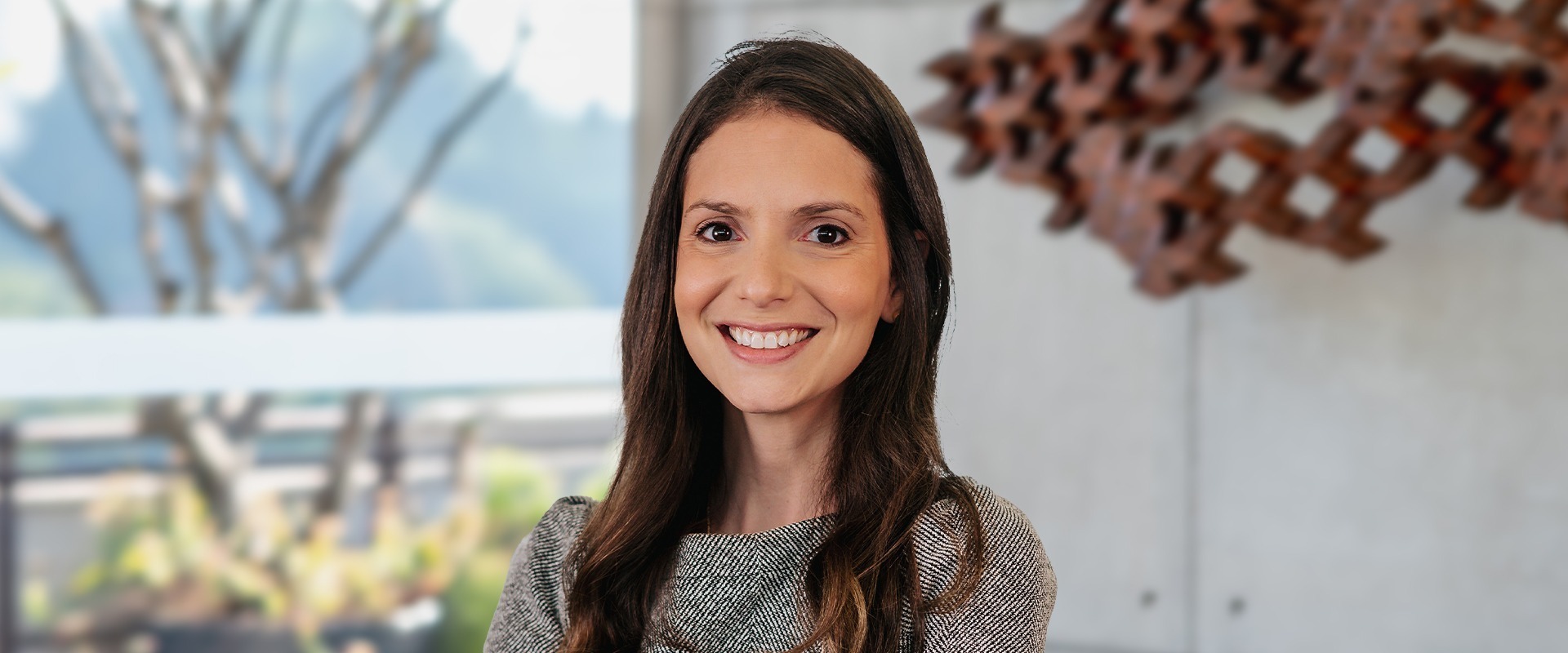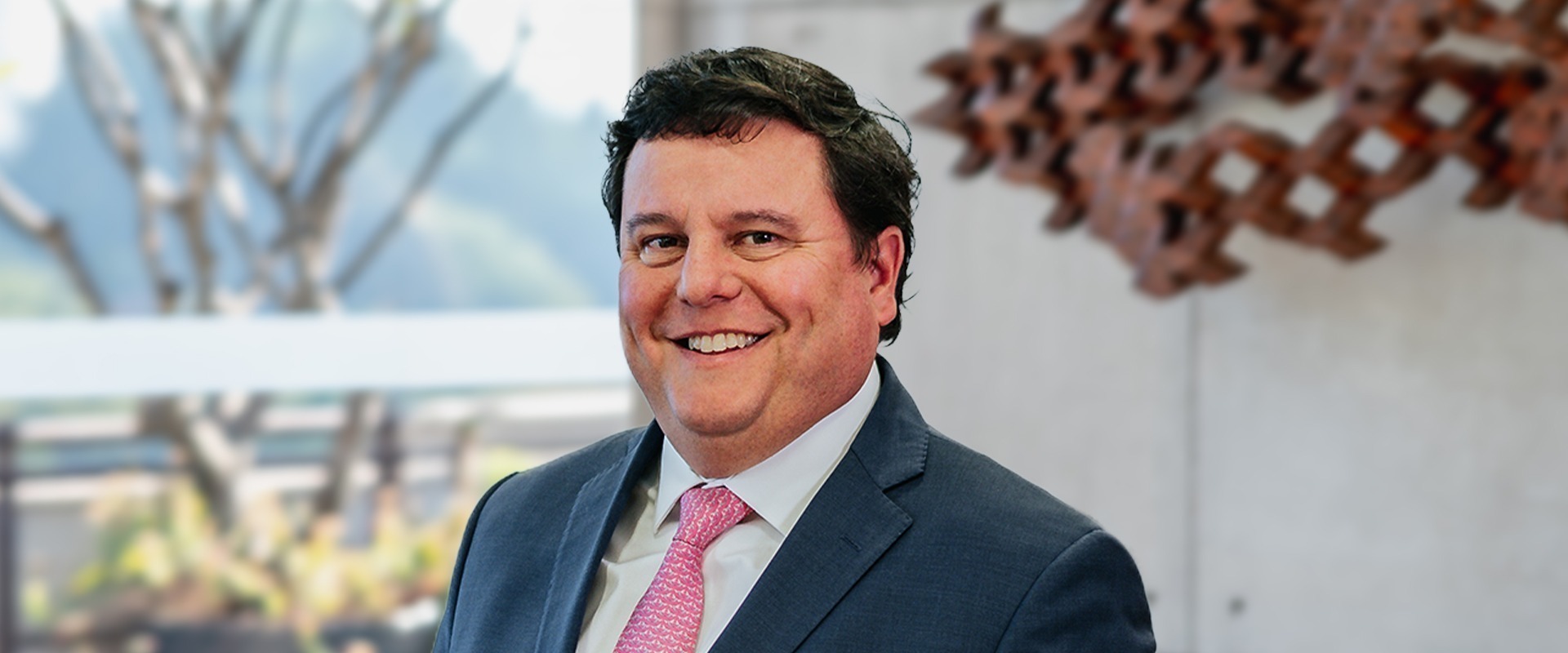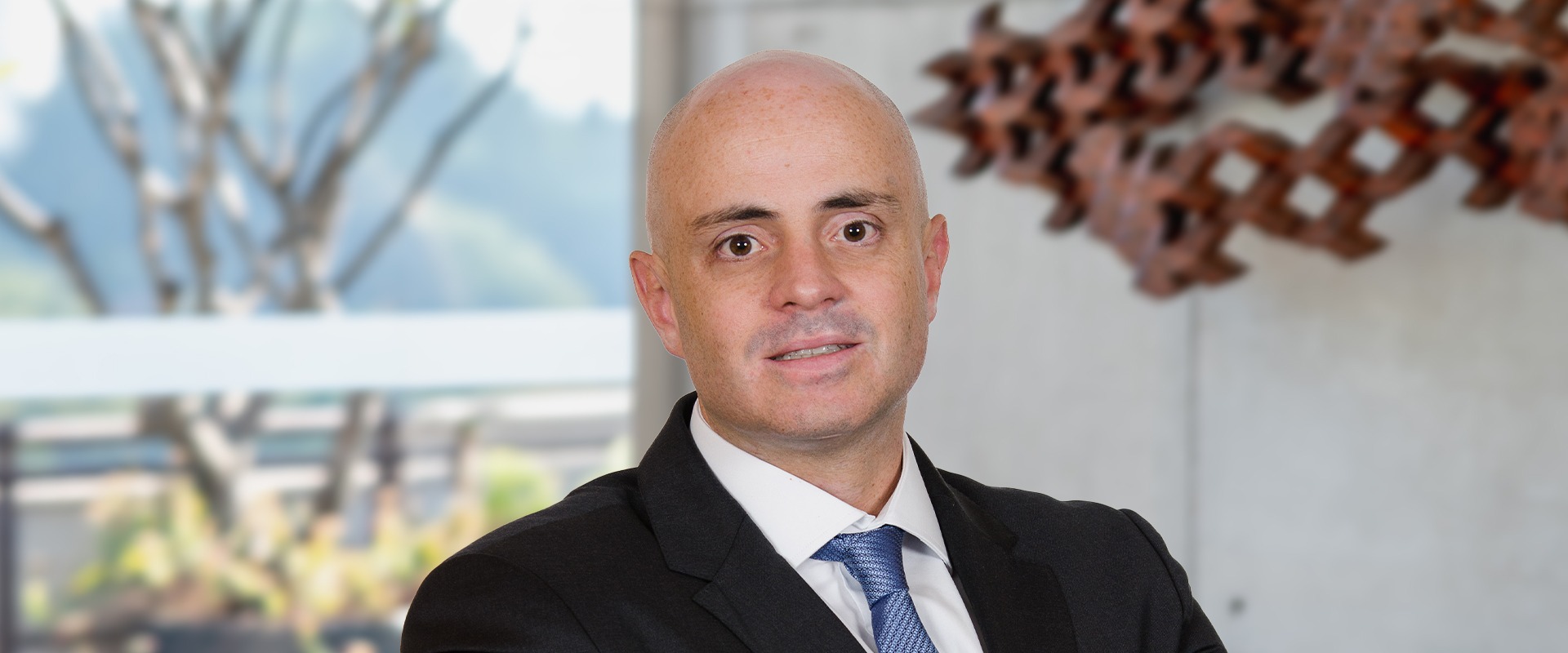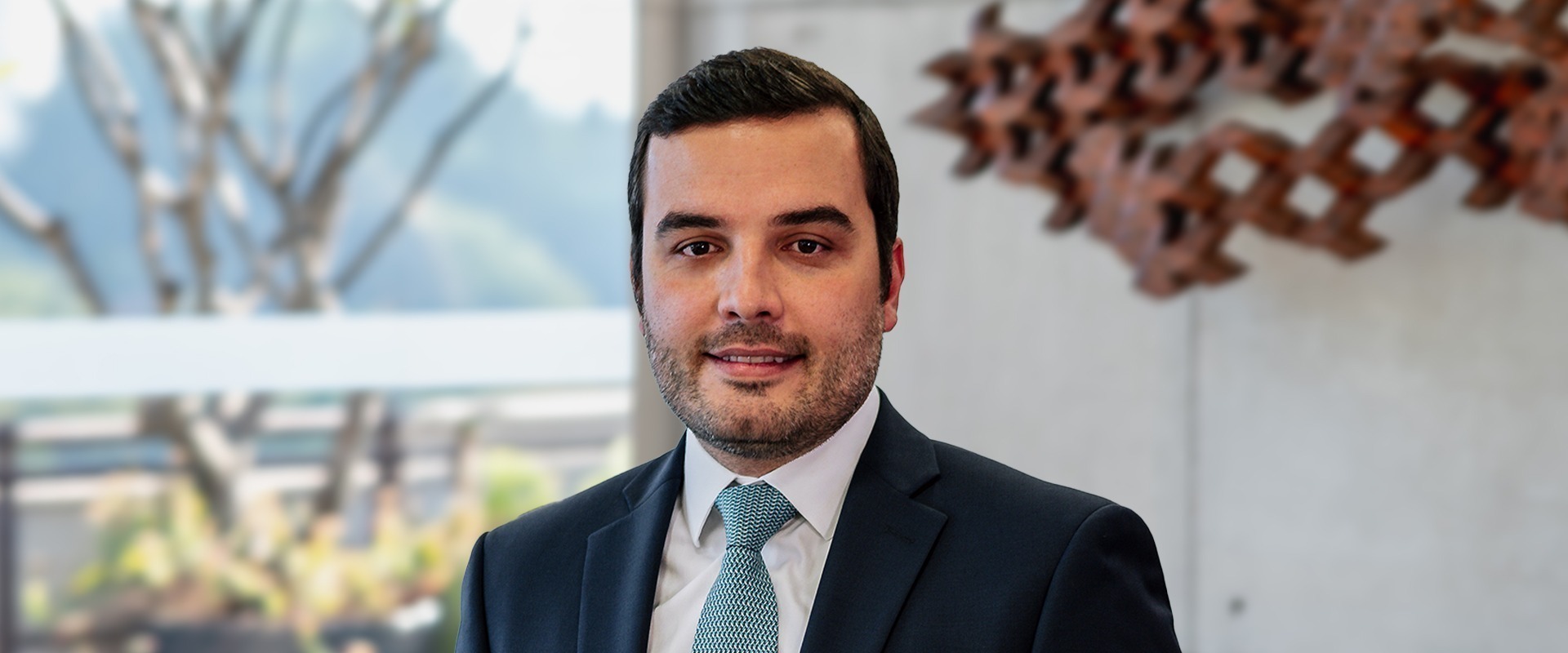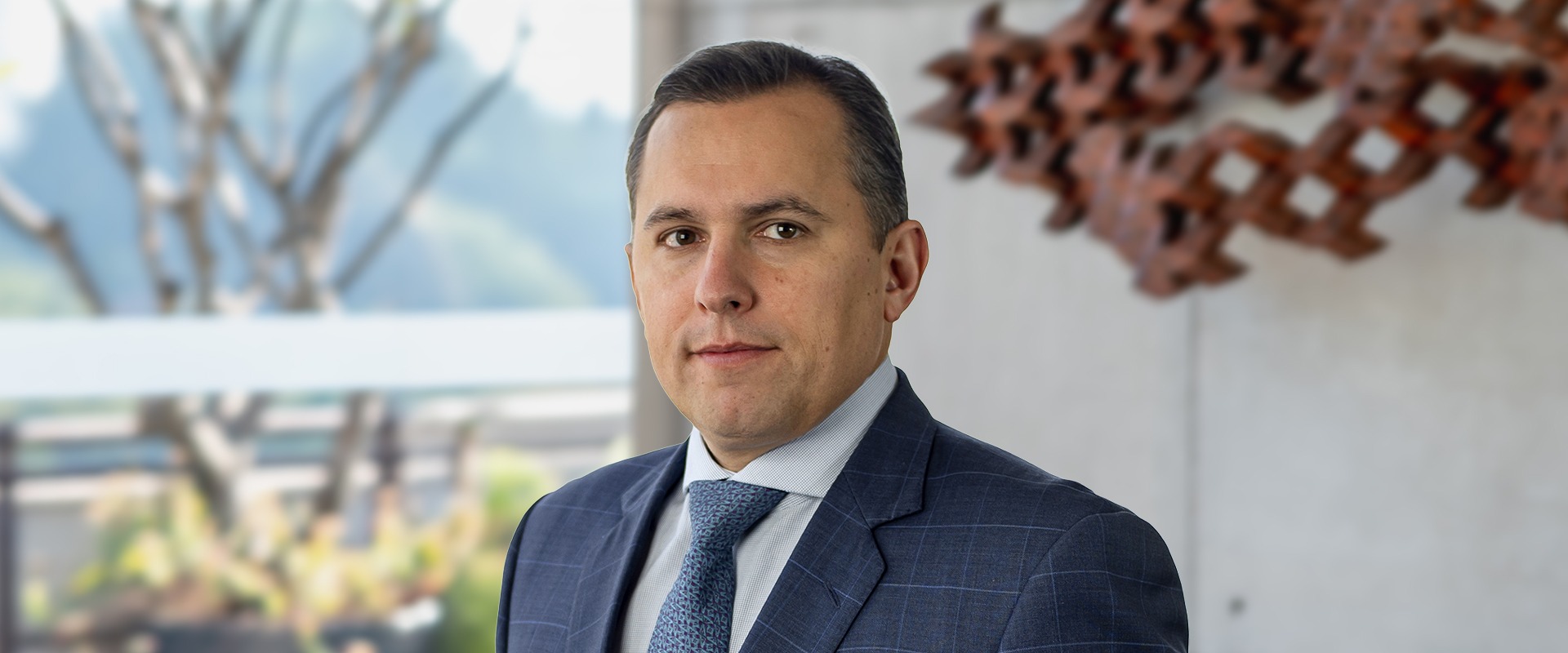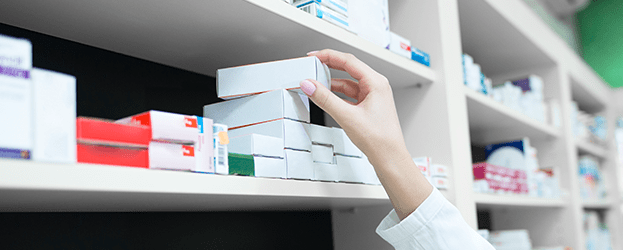
The Agribusiness Newsletter brings information and news about the main regulations and legal texts relating to the regulation of agribusiness in Brazil. This initiative seeks to cover the agribusiness industry on its transactional, litigation, tax and regulatory levels, and is an invitation for all of those working in this market to both access important news and comments on vital topics from the sector.
This material is for informative purposes only, and should not be used for decision-making. Specific legal advice can be provided by our legal team.
NEWS
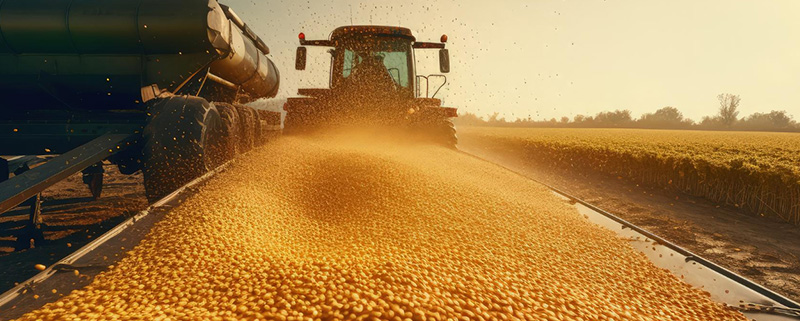
“Capital markets have evolved, providing instruments that allow rural entrepreneurs to get a cheaper rate,” says CVM
Bruno Gomes, Superintendent of Securitization and Agribusiness of the Brazilian Securities and Exchange Commission (“CVM”), pointed out that while agribusiness has technological and advanced assets, the sector is still stuck with traditional financing methods.
Bruno also stated that the capital markets have evolved significantly, developing complex financial instruments that allow rural entrepreneurs to obtain lower financing rates than those offered by banks.
He stressed the importance of these new instruments during the panel “Securitization, CRA and FIAGRO” at the “Agro and the Capital Market” event, which was also attended by Renato Barros, coordinator of the Agribusiness Working Group. Barros, in turn, emphasized the great potential for investment in the agribusiness sector and mentioned the publication of a technical guide by the Brazilian Association of Financial and Capital Market Entities (“ANBIMA”), which aims to standardize information analyzed by rural producers to streamline capital market transactions. The importance of connecting agents in agribusiness production chains and investors, presenting new sources of financing, was also discussed.
The AgroCapitais initiative, supported by ANBIMA, is part of the efforts to facilitate agribusiness access to capital markets within the scope of Market Development agenda of ANBIMA in Action, prioritized for the 2023/2024 biennium.
For more information: “Capital markets have evolved, providing instruments that allow rural entrepreneurs to get a cheaper rate,” says CVM.
Agribusiness technical guide suggests minimum information for rural producer analysis
On October 31, 2024, ANBIMA released a technical guide for structurers of agribusiness securities, seeking to simplify risk assessment and boost private credit.
The guide aims to standardize the information requested, bringing more agility and clarity to capital market transactions involving rural producers as credit originators.
The document is divided into three parts and details the necessary data on the producer, the property, the business, the production, the harvest, and financial information, including debt and contracted insurance. Standardizing this information facilitates comparative analysis and access to data, resulting in better business conditions and a more efficient process for all those involved.
The best practices indicated in the guide must be consistent with current legal and regulatory standards. This standardization is considered essential for consistent risk analysis and should benefit all market players.
The initiative is part of the Market Development Agenda of “ANBIMA in Action”, which includes discussions with regulators and other interested parties to improve the regulatory environment and make financial products more accessible and attractive. “ANBIMA in Action” includes a number of activities, such as working groups, roundtables and participation in events focused on agribusiness.
For more information: Agribusiness technical guide suggests minimum information for rural producer analysis.
REGULATION OF THE AGRIBUSINESS SECTOR
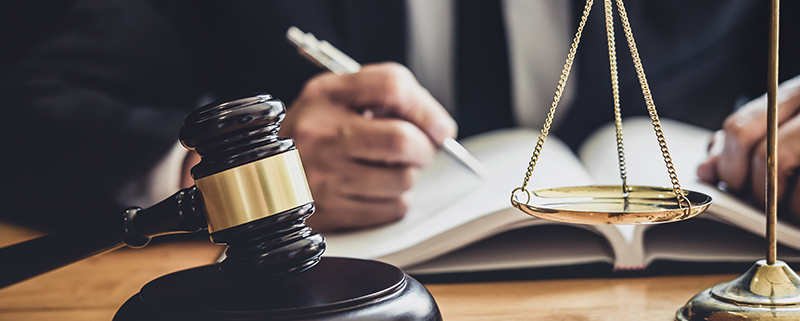
TAX REGULATION
Federal Revenue opens public consultation for contributions to the regulation of transfer pricing rules on commodities
On November 27, 2024, the Brazilian Federal Revenue Service (“RFB”) disclosed the new normative instruction draft to regulate details on the registration of controlled transactions with commodities subject to transfer pricing rules.
The draft was subject to public consultation aiming to obtain contributions from civil society and, once published, will result in adjustments to RFB Normative Instruction No. 2,161/2023.
Transfer pricing rules establish market standards for international controlled transactions in order to avoid artificial distortions in the bases for calculating income taxes. These rules were recently modified in Brazil by Law No. 14,596/23, which aligned them with the guidelines of the Organisation for Economic Co-operation and Development (“OECD”).
TRF3 affirms that sale of CBIOS generates financial income for PIS/COFINS tax purposes
The 3rd Panel of the Federal Regional Court of the 3rd Region (“TRF3”) unanimously recognized as financial income the proceeds obtained from the sale of Decarbonization Credits (“CBIOs”) by a biofuel-producing sugarcane mill.
As a result, these revenues will be subject to reduced taxation (Social Integration Program Tax and Social Security Financing Tax (“PIS/COFINS”) at 4.65%) when compared to the taxation of operating revenues under the non-cumulative regime (PIS/COFINS at 9.25%).
In addition to reinforcing the financial nature of these revenues (derived from the sale of securities traded in accordance with CVM regulations), the reporting judge, Rubens Calixto, highlighted the fact that the CBIO is a government incentive, established within the context of a program aimed at improving the relationship between energy efficiency and the reduction of greenhouse gas emissions. Therefore, taxing this revenue as financial income would contradict its purpose and partially undermine its objectives. (Civil Appeal No. 5028277-80.2022.4.03.6100, 3rd Panel of the TRF3, published on October 23, 2024)
CSRF allows accelerated depreciation of sugarcane crops for IRPJ/CSLL tax purposes
The 1st Panel of the Superior Chamber of Tax Appeals (“CSRF”, the highest administrative decision-making body) allowed incentivized accelerated depreciation of sugarcane crops in order to deduct them from the Corporate Income Tax (“IRPJ”) and the Social Contribution on Net Income (“CSLL”) tax bases by a majority vote (6 to 2).
Although the tax authorities argued in their indictment that the sugarcane crop could not be subject to depreciation (but only to exhaustion, as it is not a biological asset that generates fruit), the prevailing opinion stated that article 6 of Provisional Measure 2,159-70/01 grants the benefit unrestrictedly, regardless of the accounting criterion.
The decision reinforces the position in the administrative sphere in favor of taxpayers. (Cases No. 13116.000340/2008-41 and No. 13116.000341/2008-95, 1st Panel of the CSRF, Ruling pending publication)
FINANCIAL REGULATION
Impacts and opportunities of new FIAGRO regulation
The CVM published CVM Resolution 214 of September 30, 2024, which establishes the final regulation for Investment Fund in Agroindustrial Productive Chains (“FIAGRO”), and allows investment in assets such as carbon credits and CBIOs.
The new regulation, which will enter into force in March 2025, replaces the experimental regulation in force since 2021, bringing more flexibility and security to investors. Under the new regulation, FIAGROs will be able to invest in a wider variety of assets, including physical and financial rural product bills, rural real estate, and stakes in companies.
In addition, the inclusion of carbon credits and CBIOs provides new investment opportunities, especially for those focused on sustainability. These changes are expected to make FIAGROs even more popular, attracting more private funds to agribusiness.
During an episode of the “Vai Fundo” podcast, experts discussed the impact of these changes. Flavia Palacios, CEO of Opea and director of ANBIMA, stressed that the final regulation will bring more security to the market, while Luiz Caffagni, professor at FGV Agro, pointed out that the popularization of FIAGROs will allow greater supply of funds to the sector. Both agree that the regulation of carbon credits will be an important catalyst for attracting young investors.
Flavia Palacios explained that the capital markets for agribusiness initially grew with Agribusiness Receivables Certificates (CRA), attracting many investors due to the tax exemption. The new regulation will provide even more security and flexibility for FIAGROs, which has already shown its appeal among investors. However, Flavia warned that fully adapting to the new regulation will take time, due to the different specializations of managers.
The regulation is considered an important step towards the sustainable development of Brazilian agribusiness. The possibility of a multi-market FIAGRO can offer greater liquidity and diversification, but will require a learning curve for both managers and investors. The inclusion of carbon credits and CBIOs is particularly important for attracting young investors looking for targeted investments.
For more information: Impacts and opportunities of new FIAGRO regulation.
ANBIMA opens public hearing on regulation of ESG fixed-income securities offerings
ANBIMA has opened a public hearing to include sustainability rules and procedures in its self-regulation.
Interested parties can submit contributions by December 18, to establish rules for structuring public offerings of fixed-income securities with ESG (environmental, social and governance) criteria.
Carlos Takahashi, director of ANBIMA, stressed the importance of reliable and standardized information for advancing the ESG agenda in Brazil. He stated that the proposal aims to create a healthier business environment, allowing institutions to offer sustainable securities with greater transparency and clarity about the dynamics of the sector.
The text under discussion proposes an ANBIMA identification that can be used in the offering materials to signal that the bond follows the rules established by the entity. Institutions wishing to use this identification must follow the criteria already included in the 2022 “Guide to Sustainable Bond Offerings”, which have now been transformed into self-regulation.
Guilherme Maranhão, president of ANBIMA’s Capital Markets Structuring Forum, argued that the changes represent a positive stimulus for the sector, providing comparable information and a more transparent database.
Among the criteria proposed is the standard of content in offering documents, which must include detailed descriptions of the projects financed, characteristics of the issuance and data on risk factors and remuneration. Rules have also been included for the periodic disclosure of the use of funds, with specific annual reporting for sustainable bonds.
The new regulation will allow for greater transparency and concrete criteria for comparing products, fostering the growth of the ESG market in the coming years.
For more information: ANBIMA opens public hearing on regulation of ESG fixed-income securities offerings.
ENVIRONMENTAL REGULATION
Environmental Licensing
FEDERAL
IBAMA amends list of forestry-related activities subject to CTF/APP registration
On November 19, 2024, the Brazilian Institute for the Environment and Renewable Natural Resources (“IBAMA”) published IBAMA Normative Instruction No. 23/2024, amending Annex I of IBAMA Normative Instruction No. 13/2021 which, in turn, regulates mandatory registration in the Federal Technical Register of Potentially Polluting Activities and Users of Environmental Resources (“CTF/APP”).
Forestry activities involving exotic species and native species are no longer classified as “users of environmental resources” and are reclassified as “activities subject to environmental control and inspection”, but remain subject to technical registration.
The changes aim to reorganize these activities and detail how they should be registered and monitored by IBAMA, considering that activities subject to environmental control and inspection are not required to pay the Environmental Control and Inspection Fee (“TCFA”).
Paraná government proposes bill to reduce bureaucracy in the state’s environmental licensing processes
On November 04, 2024, the governor of the state of Paraná presented Bill No. 662/2024 (“PL”) to the Legislative Assembly. This PL aims to reduce bureaucracy in environmental licensing processes in the state and ensure greater legal certainty for investors and technicians involved in analyzing and issuing licenses.
To date, there is no specific law on environmental licensing at the state level, and the current provisions are established in sparse regulations.
If the PL is approved, procedures will be standardized and the guidelines established will have greater legal effect, while also in line with the provisions of the National Environmental Policy.
The PL provides for the creation of different licensing modalities, with levels of requirement adapted to the potential impact of each activity. For projects considered to be of low environmental risk, the so-called Environmental License by Adhesion and Commitment (“LAC”) could be adopted, which could be issued within 24 hours and should speed up the approval process. It also proposes the possibility of automatically issuing the Declaration of Waiver of Environmental Licensing (“DLAM”).
Currently, the PL is under the analysis of the Legislative Board.
For more information: Government submits bill to modernize environmental licensing in Paraná.
RIO GRANDE DO SUL
Ordinance includes irrigation in the list of activities subject to Unified Preliminary and Installation License in Rio Grande do Sul
On November 13, 2024, the Henrique Luís Roessler State Environmental Protection Foundation (“FEPAM”) of the state of Rio Grande do Sul published FEPAM Ordinance No. 479/2024, amending FEPAM Ordinance No. 462/2024, which regulates the procedures and general criteria for applying the Unified Preliminary and Installation License (“LPI”).
The regulation included the activities of “irrigation by the surface method”, “dam for irrigation” and “weir for irrigation” in the list of activities subject to the LPI.
Administrative Proceeding
RIO GRANDE DO SUL
Rio Grande do Sul establishes procedures for identifying and investigating administrative infractions and for imposing penalties and administrative measures
On November 14, 2024, the Secretariat for the Environment and Infrastructure of the State of Rio Grande do Sul (“SEMA”) published SEMA Normative Instruction No. 15/2024, which establishes the procedure for identifying and investigating administrative infractions arising from conduct and activities harmful to the environment and the procedure for applying penalties and administrative measures.
The normative instruction determines that SEMA, FEPAM and the military police of the Military Brigade are competent to verify the occurrence of an environmental administrative infraction by including the data in the Online Licensing System (“SOL”).
According to the regulation, the environmental authority, including the Military Brigade, can adopt provisional measures as soon as the irregularity is detected, including the possibility of an embargo. After the provisional measures and penalties arising from the administrative infraction have become final and unappealable, the decision must be included in the administrative proceeding for licensing the activity or project, whenever there is one, since it will be within this scope that any lifting of the administrative measure will be decided.
Aiming for greater consistency in environmental administrative proceedings, the normative instruction establishes a template for drawing up a notice of infraction and the respective notification to be served on the defendant, indicating the fields and information that must be included in these documents, as well as specific criteria to be taken into account when calculating the administrative fine.
In addition, the normative instruction allows the environmental body to apply a provisional administrative measure and draw up its own instrument when an environmental infraction is found, where the perpetrator cannot be identified and that requires a provisional measure. This instrument will be published in the Official Gazette of the State of Rio Grande do Sul, allowing interested parties to comment within 20 days.
If a statement identifying the offender is provided, the infraction notice will be drawn up, accompanied by the appropriate instrument for the provisional administrative measure. Once the deadline has elapsed without a response, the instrument will be shelved in the case of administrative measures that have already been carried out.
Climate change
PARÁ
State Government of Pará signs partnership agreement to trade carbon credits in the state
On November 12, 2024, the State Government of Pará signed a memorandum of understanding with the environmental management company Ambipar Carbon Credit Participações Ltda. for the trading of carbon credits within Pará’s Jurisdictional REDD+ System.
The document provides the basis for a partnership between Companhia de Ativos Ambientais e Participações do Pará and Ambipar, aimed at increasing the financial and environmental value of carbon credits, supporting regional sustainability and expanding to other carbon credits, in addition to those already paid for by the state.
The memorandum encourages cooperation with multilateral entities such as the World Bank and developing new sustainable investments and partnerships. It guides the creation of a Special Purpose Entity (“SPE”), which will centralize activities of technical evaluation, certification, and efficient marketing of carbon credits, boosting Pará’s environmental assets.
For more information: SEMAS – State Government of Pará signs agreement to strengthen carbon credit transactions.
PIAUÍ
State Government of Piauí signs memorandum of understanding to implement RED+ system
On November 05, 2024, the State Government of Piauí and the companies Mercuria and Systemica signed a memorandum of understanding aimed at implementing a RED+ system.
The memorandum establishes that the state will generate financial assets from environmental preservation, seeking to reduce greenhouse gas emissions and combat forest degradation, while simultaneously opening doors to the global carbon credit market.
The RED+ system will be implemented with an initial contribution from private investors, without involving public funds, making the project more sustainable and in line with the state’s economic reality. The model includes a monitoring, reporting, and verification (MRV) system that ensures transparency and efficiency for the certification and trading of the carbon credits generated.
For more information: Piauí signs international partnership agreement to implement carbon credit system and sustainable development.
TOCANTINS
COEMA approves submission of REDD+ Program to ART TREES global standard
On November 06, 2024, the State Council for the Environment of the State of Tocantins (“COEMA”) approved the recommendation of the Trees Registration Document (“TRD”), suggesting that the state submit its Jurisdictional Program for Reducing Greenhouse Gas Emissions from Deforestation and Forest Degradation (“REDD+”) to ART TREES.
ART TREES is a global reference standard for verifying REDD+ projects in the jurisdictional modality. It is a system that seeks to reward environmental conservation efforts financially.
The recommendation intends that recognition in ART TREES will attract investors interested in buying carbon credits, encourage other environmental initiatives in the state, and contribute to achieving national and international climate goals.
As for carbon credits, it is worth highlighting:
- Article 19 of State Law No. 1,917/2008, which authorizes Tocantins to sell certified carbon credits on the market; and
- State Law No. 4,111/2023, which instituted the REDD+ Program, aimed at reducing greenhouse gas emissions through Payment for Environmental Services (“PSA”).
For more information: State Environment Council approves recommendation to submit Tocantins REDD+ Program to ART TREES international standard.
Forestry matters
FEDERAL
Ministry of the Environment updates list of priority municipalities for preventing deforestation and with monitored deforestation
On November 13, 2024, the Ministry of the Environment and Climate Change (“MMA”) published GM/MMA Ordinance No. 1,202/2024, which updates:
- the list of priority municipalities for actions to prevent, control and reduce deforestation and forest degradation; and
- the list of municipalities with deforestation monitored and under control.
The list contains 81 priority municipalities for actions to prevent, control and reduce deforestation and forest degradation. These municipalities belong to the states of Pará, Mato Grosso, Amazonas, Rondônia, Acre and Roraima.
The list of municipalities with deforestation monitored and under control includes ten municipalities in the states of Mato Grosso, Maranhão, Pará and Rondônia.
IBAMA amends provisions relating to the National System for Controlling the Origin of Forest Products
On November 11, 2024, IBAMA published IBAMA Normative Instruction No. 19/2024, amending the provisions of IBAMA Normative Instruction No. 21/2014, which established the National System for Controlling the Origin of Forest Products (“SINAFLOR”).
Among the changes introduced by the new regulation is the inclusion of the Planted Forest Exploitation (“EFP”) in the list of activities that can be subject to authorizations issued by the appropriate environmental agency after analysis of the technical forest exploitation project submitted by the interested party. In addition, the regulation includes the concept for each applicable type of authorization.
The normative instruction defined authorization for EFP as “a document issued by the appropriate environmental agency for the exploitation of forest plantations with native species carried out in the area used by the rural property, which may be harvested by clear-cutting at once or by selective cuts according to the growth of the species, as long as a supporting inventory of volume per species is presented”.
The regulation also included article 50-A, determining that in order to issue a Forest Management Plan Authorization (“PMFS”), Annual Operating Plan (“POA”) Exploration Authorization, Isolated Tree Cutting Authorization (“CAI”) and Alternative Land Use Authorization (“UAS”), the property’s Rural Environmental Registry (“CAR”) must have been analyzed and contain a formal act from the appropriate environmental agency attesting to its environmental regularity, especially regarding compliance with the Legal Reserve and Permanent Preservation Area percentages.
Article 72-A, in turn, establishes that any authorizations issued by the appropriate environmental agency must be entered into SINAFLOR by the interested party, regardless of whether the forest product is used. If the interested party fails to do so, the environmental agency originally responsible for the authorization must do so.
Permits for which the data is not entered, either partially or completely, or which are entered incorrectly in SINAFLOR, will be considered invalid for all purposes. This will subject the areas to an embargo, which will only be lifted once the environmental suitability of the activities has been proven and the information relating to the authorization has been made available on SINAFLOR.
IBAMA Normative Instruction 19/2024 will enter into force 90 days after the date of its publication, i.e. on February 09, 2025.
RORAIMA
State government of Roraima implements Environmental Regularization Program for rural properties
On November 07, 2024, the State Government of Roraima published State Law No. 2,068/2024, providing for the implementation of the Environmental Regularization Program for rural properties within the scope of the state of Roraima (“PRA/RR”).
The program includes a set of obligations or initiatives to be carried out by rural property owners to encourage environmental regularization of liabilities relating to Permanent Preservation Areas (“APP”), Legal Reserves (“RL”) and Restricted Use Areas.
The owner or possessor must apply to the State Foundation for the Environment and Water Resources (FEMARH) to join the PRA/RR, and the property must be registered with the CAR. The new state law establishes that the effects provided for in the Brazilian Forest Code for cases in which the PRA is formalized will only be applicable if adherence to the PRA/RR occurs during the legal deadline for registration in the CAR, i.e., by December 31, 2025.
The environmental regularization of APPs must be carried out through restoration, and completed within ten years of the signing of a settlement agreement, adopting the following methods, either separately or jointly:
- conducting natural regeneration of native species;
- planting native species;
- planting native species along with the natural regeneration of native species; and
- interspersed planting of woody, perennial or long-cycle exotic species with regionally occurring natives, in up to 50% of the total area to be recomposed, in the case of small properties or rural family possessions.
The legal reserve can be regularized, either separately or jointly, through restoration or compensation.
PARAÍBA
Criteria for wild fauna management in areas of influence of projects established
On November 12, 2024, the Superintendence of Environmental Administration of Paraíba (“SUDEMA”) published SUDEMA Normative Instruction No. 04/2024, establishing criteria for procedures relating to the management of wild fauna in areas of influence of projects and activities that are deemed to effectively or potentially cause impacts on wild fauna, subject to environmental licensing.
Wild fauna management consists of surveying, rescuing, scaring, disposing of and monitoring wild fauna. When management is carried out by projects and activities subject to state environmental licensing, it must be previously authorized by SUDEMA through a Fauna Management Authorization. This authorization must be granted to the applicant through the Environmental Management System (SIGMA) portal, and cannot be granted to any third parties contracted by the applicant.
Permits will be issued for each of the following activities relating to wild fauna management:
- capturing and collecting fauna;
- fauna monitoring; and
- rescuing, repelling and disposing of fauna.
Waste
SANTA CATARINA
Public consultation addresses reverse logistics decree in Santa Catarina
On November 06, 2024, the Environmental Institute of the State of Santa Catarina announced on its website the opening of a public consultation regarding the drafting of a decree that will regulate the structuring, implementation and operation of reverse logistics systems in Santa Catarina.
The decree is expected to consider the state’s particular characteristics, establish regulations to encourage the circular economy and recycling activities, and specifically provide for the structuring, implementation, operation, monitoring, and control of reverse logistics systems.
For more information: IMA – Environmental Institute of Santa Catarina – Public Consultation regarding proposed Decree on Reverse Logistics in the state remains open until November 30.
Initiatives
FEDERAL DISTRICT
Forum of Agrarian Entities of the Federal District is established
On November 01, 2024, the Federal District Government published Decree No. 46,474/2024, establishing the Forum of Agrarian Entities of the Federal District, linked to the State Secretariat for Agriculture, Supply and Rural Development of the Federal District.
The forum was established to:monitor the implementation of the Federal District’s Rural Workers’ Settlement Policy;
- express an opinion on public policies and government programs aimed at the agrarian reform public;
- foster integration between the different local and federal government bodies, to speed up and ensure the effectiveness of the agrarian reform process in the Federal District; and
- prevent conflicts in the countryside by fostering communication and social peace.
Water Resources
RIO GRANDE DO SUL
Regulation extends all granting or exemption ordinances in Rio Grande do Sul
On November 14, 2024, the Secretariat for the Environment and Infrastructure of the State of Rio Grande do Sul published SEMA Normative Instruction No. 14/2024, extending by three years all the granting or exemption ordinances issued by the Rio Grande do Sul Water Granting System (“SIOUT RS”) and in force until December 31, 2025.
MATO GROSSO
State Irrigation Program and State Irrigated Agriculture Policy established in Mato Grosso
On November 13, 2024, the State Government of Mato Grosso published Law No. 12,717/2024, establishing the State Irrigation Program (PROEI) and the State Policy for Irrigated Agriculture.
The new law establishes as the policy’s goals:
- fostering the sustainable use of natural resources and environmental preservation;
- encouraging the expansion of irrigated areas and agricultural productivity;
- collaborating to reduce climate risks inherent to agricultural activity;
- encouraging practices aimed at the preservation and efficient management of water;
- encouraging the training of human resources and the generation of technologies for irrigation;
- fostering the adoption of precision agriculture technologies, including the use of intelligent irrigation control and monitoring systems; and
- fostering the creation of irrigation hubs in Mato Grosso.
To achieve these goals, the policy will employ the following instruments:
- plans and programs;
- irrigation projects;
- the State Irrigation Information System (“SEII”);
- tax incentives;
- human resources training, scientific research, technical assistance and rural extension; and
- monitoring and control of the irrigation sector.
The new law emphasizes that the use of water resources for irrigation will depend on the issuance of a right to use water resources granted by the appropriate authority. The new law also stresses that the implementation of an irrigation project will depend on environmental licensing when required by specific federal, state, or municipal legislation.
MAPA – MINISTRY OF AGRICULTURE AND LIVESTOCK REGULATION
Law regulating the cloning of animal genetic material is sanctioned
On November 13, 2024, Law No. 15.021/2024 was sanctioned, which provides for the control of animal genetic material and the obtaining and supply of clones of domestic animals intended for the production of domestic animals of zootechnical interest.
The new legislation establishes rules to control and supervise the production, handling, import, export and sale of animal genetic material and clones of domestic animals of zootechnical interest, such as cattle, goats and poultry.
In addition, the law stipulates that only suppliers registered with the appropriate federal government authority may carry out activities involving animal genetic material and clones of domestic animals of zootechnical interest, with official control of the donor animals. Official veterinary services will be responsible for supervising and issuing certificates.
The new legislation establishes that suppliers will be held responsible for any damage caused and requires documentation of the circulation and maintenance of genetic material in a public database. Any action or omission that violates the law will be considered an infraction and subject to penalties determined by the severity of the damage. These penalties can range from a warning to a fine, seizure, suspension, interdiction, destruction of genetic material, deregistration, and sterilization of clones. The production and release of clones of wild animals native to Brazil requires prior authorization from the appropriate environmental agency.
The measure seeks to bring greater legal certainty and efficiency in the application of the regulations, encouraging significant advances in the area of cloning and animal genetic manipulation. The law will enter into force on February 11, 2025.
MAPA reaffirmed its commitment to leading the transition to a more responsible and efficient agriculture, establishing Brazil as a benchmark in sustainable production on the global stage.
House of Representatives approves bill regulating the production of agricultural bioinputs
On November 27, 2024, the Brazilian House of Representatives approved Bill 658/21 , which regulates the production, use and trading of bioinputs in agriculture, fish production and forest planting.
The bill, now pending referral to the Federal Senate, provides for exemption from registration for self-production, as long as it is not traded.
The provisions of this bill will apply to all cultivation systems, including conventional, organic and agro-ecological. Bioinput production units will not require registration, but will be subject to simplified registration, which may be waived by the Secretariat of Agricultural Defense. Family farming bioinput units are already exempt from this registration.
Bioinputs produced for personal use will be exempt from registration, but their production must follow good practices established in the regulation. The regulation will also determine whether or not the production of bioinputs requires monitoring by a qualified technical officer. The import of bioinputs for personal use will be prohibited for all users.
Regarding the production of bioinputs for trading, Bill 658/21 requires mandatory registration for the production of bioinputs, including biofactories, importers, exporters, traders and inoculants. The Secretariat for Agricultural Defense will decide whether a scientific technical report proving the viability and efficiency of using bioinputs is required. The report must be issued by Brazilian research entities or accredited private experimental stations. If the same holder requests registration of the bioinput, prior registration of the inoculum used in production is not required. However, the inoculum must be registered for trading, either as a product or as an input for use in production units or research institutions.
The bill stipulates that federal, state, and municipal authorities will be able to use fiscal and tax mechanisms to encourage the sector, prioritizing micro-enterprises, agricultural cooperatives, and family farmers. The National Rural Credit System (“SNCR”) will be able to adopt differentiated interest rates for rural producers and their cooperatives that use bioinputs.
PL 658/21 also introduces the Agricultural Defense Product and Establishment Registration Fee (“TREPDA”) to evaluate registration requests, ranging from BRL 350 to BRL 3,500, adjusted annually by the Broad Consumer Price Index (“IPCA”). The amount will depend on the establishment’s size and will be distributed between the federal agricultural defense agency (50%), IBAMA (25%) and the federal health agency (25%).
Regulations establish phytosanitary requirements for imports of okra seeds and freesia bulbs
On November 12, 2024, Ordinances No. 1,193/2024 and No. 1,196/2024 were published, establishing phytosanitary requirements for importing okra seeds (Abelmoschus Esculentus) and freesia bulbs of any origin.
Among the main requirements is that shipments must be accompanied by a phytosanitary certificate issued by the National Phytosanitary Protection Organization of the country of origin, certifying that the product is free of the specific pests listed in the ordinances.
In addition, these shipments will be subject to phytosanitary inspection at the point of entry into Brazil and to the collection of samples for phytosanitary analysis in official laboratories or those accredited by the Ministry of Agriculture and Livestock. The interested party will bear the shipping costs for the samples and the phytosanitary analysis, and may keep the rest of the shipment until the inspection process is completed.
In addition, if quarantine pests are found during the inspection, the shipment will be destroyed or rejected and the National Plant Protection Organization of the country of origin will be notified, which may suspend imports from that country until the pest risk analysis is reviewed. The measure aims to protect Brazilian agriculture from possible phytosanitary threats.
REAL ESTATE REGULATION
Compliance procedures for rural areas within the Legal Amazon is updated
Normative Instruction No. 144 (“IN 144”) of the Ministry of Agrarian Development and Family Agriculture and the National Institute for Colonization and Agrarian Reform (“INCRA”), published on October 29, 2024, amended INCRA Normative Instruction No. 104, of January 29, 2021, which updated procedures and rules for legitimizing land property located in rural areas owned by the Federal Government within the Legal Amazon.
The measure aims to legitimize land that has been occupied irregularly or informally, ensuring legal possession and ownership for legitimate occupants, with the delivery of property titles or use concessions to rural producer occupants.
Within this context, IN 144 included the presentation of the active Rural Environmental Registry (“CAR”) as a necessary document to conduct the land legitimation process; exempting it, however, in the initial phase of the land legitimation process, in areas with up to one fiscal module.
In addition, IN 144 also included the need to allocate an area of the property to the creation of a Legal Reserve or Permanent Preservation Area when there is an overlap with type B Public Forests (“FPB”). In these cases, the FPB must be fully allocated for establishing a Legal Reserve or be considered as a Permanent Preservation Area. This is, in fact, a condition subsequent for legitimizing the land. If the entire area subject to legitimation is FPB, the request should be rejected.
Before IN 144 was published, it was sufficient for the property to be registered with the National Rural Environmental Registration System (“SICAR”), even if inactive, and there was no provision relating to FPB.
Thus, although IN 144 now requires an active SICAR registry, which was not previously required, the new regulation brought changes aimed at streamlining the process to bring land property into good order by adapting document requirements for smaller and areas and ensuring greater legal certainty and protection for FPB areas.
Related Partners
Related Lawyers
Allan Kenji Tasaka
Amanda Gabrielle Ferreira Cavalcante
Daniela Gaia
Lucas Schiavon Maturano
Luiza da Camara Chaves
Monique Guzzo





